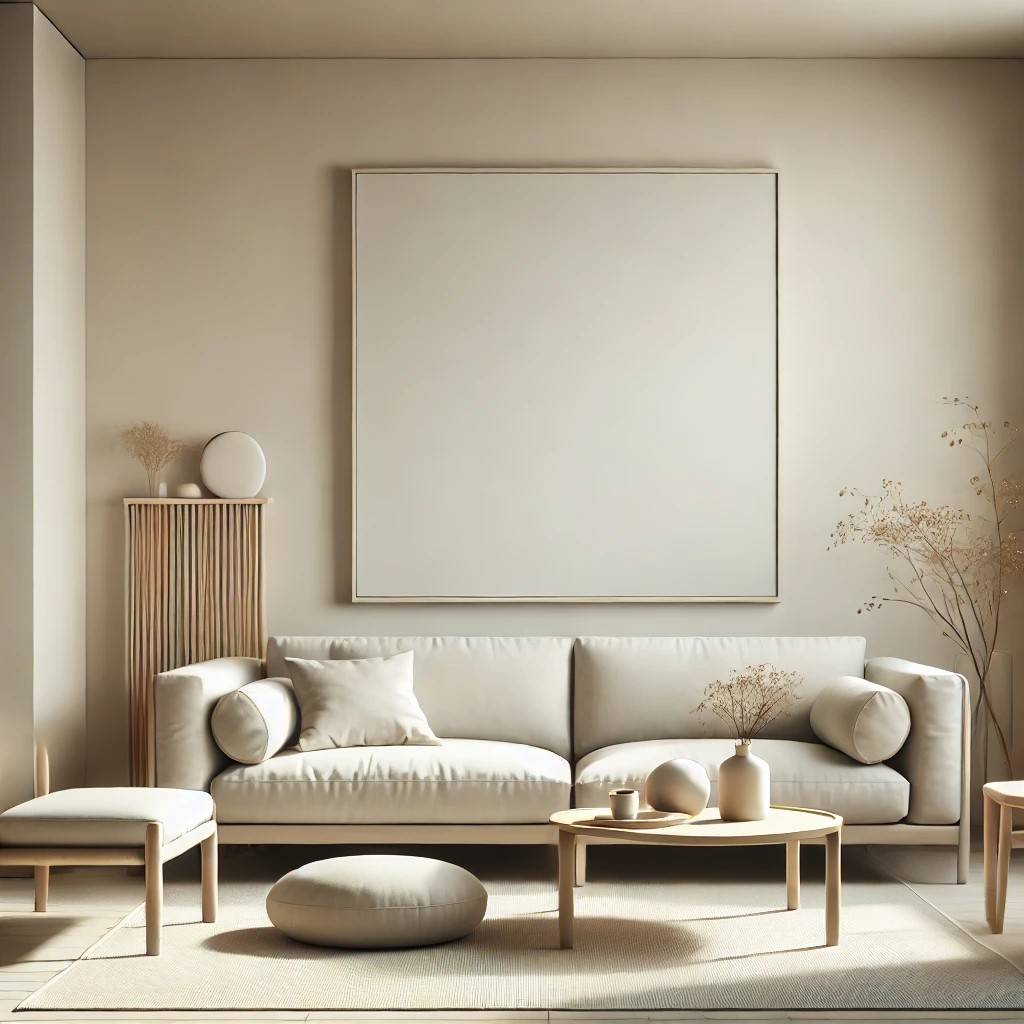In today’s fast-paced world, consumerism has led many people to accumulate unnecessary possessions, cluttering both their physical spaces and their minds. The philosophy of minimalism, which promotes simplicity and intentionality, has gained popularity as a counter-movement to material excess. But beyond just having fewer possessions, minimalism offers profound psychological benefits that can improve mental clarity, reduce stress, and enhance overall well-being.
Minimalism is not about deprivation but about prioritizing what truly matters. It is a conscious lifestyle choice that encourages people to remove excess belongings, commitments, and distractions to focus on experiences, relationships, and self-improvement. This article explores how minimalism affects mental health, the science behind it, and practical steps to adopt a minimalist mindset.
How Minimalism Improves Mental Health
1. Less Clutter, Less Stress
Studies have shown that a cluttered environment can lead to increased cortisol levels, the stress hormone responsible for anxiety and tension. When spaces are chaotic, the brain struggles to focus, leading to feelings of overwhelm. Minimalism eliminates this problem by fostering clean and organized environments, reducing mental and emotional strain.
2. Financial Freedom and Reduced Anxiety
One of the main reasons people experience financial stress is overspending on unnecessary items. Minimalists choose to invest in quality rather than quantity, reducing impulsive purchases and saving money for meaningful experiences. By cutting down on consumerist habits, they eliminate financial burdens that can lead to anxiety and depression.
3. Greater Focus and Productivity
A minimalist approach helps clear distractions, allowing individuals to focus on essential tasks. In work environments, decluttering desks and digital spaces enhances productivity and efficiency. When unnecessary items are removed, the mind can concentrate better, leading to improved problem-solving skills and creativity.
4. Increased Gratitude and Contentment
Consumer culture teaches us to constantly desire more, leading to dissatisfaction with what we already have. Minimalism shifts the focus from material possessions to appreciating life’s simple joys. By eliminating the endless pursuit of "more," people find gratitude in what they already own and experience greater contentment.
5. Improved Decision-Making Skills
Decision fatigue occurs when we are overwhelmed by too many choices, leading to mental exhaustion. Minimalism simplifies decision-making by reducing choices, whether in fashion (capsule wardrobe), food (meal prepping), or social commitments. This allows individuals to save mental energy for more important decisions.
6. Strengthened Relationships
Minimalism emphasizes experiences over material possessions, leading to stronger personal relationships. By spending less time maintaining material goods and more time engaging with loved ones, minimalists cultivate deeper and more meaningful connections.
7. Enhanced Self-Awareness and Emotional Well-being
Decluttering physical spaces often leads to introspection. As people sort through their belongings, they reflect on what truly brings them joy and purpose. This process fosters self-awareness, helping individuals align their lifestyles with their values and goals.
Steps to Embrace Minimalism
Transitioning to a minimalist lifestyle doesn’t happen overnight, but there are practical steps to help integrate minimalism into everyday life.
1. Declutter Your Space
Start small by decluttering one room or a single category of items (e.g., clothing, books, electronics).
Use the Marie Kondo method by asking, "Does this item spark joy?" If not, let it go.
Donate, sell, or recycle items you no longer use.
2. Adopt a Capsule Wardrobe
Choose versatile, timeless pieces that match different outfits.
Stick to neutral colors and classic styles to reduce fashion-related decision fatigue.
Invest in quality over quantity.
3. Practice Digital Minimalism
Unsubscribe from unnecessary emails and notifications.
Organize files and delete unused apps.
Take regular social media breaks to reduce digital clutter and mental fatigue.
4. Prioritize Experiences Over Possessions
Instead of buying material items, invest in experiences like traveling, learning new skills, or spending time with loved ones.
Research shows that experiences contribute more to long-term happiness than material goods.
5. Set Clear Intentions with Your Time and Energy
Learn to say no to commitments that do not align with your priorities.
Create a balanced schedule that allows time for rest, hobbies, and personal growth.
6. Embrace the "One In, One Out" Rule
For every new item brought into your home, remove an old one.
This helps maintain a balanced and clutter-free environment.
Common Misconceptions About Minimalism
Minimalism is often misunderstood, leading to skepticism about its benefits. Here are a few myths debunked:
Myth 1: Minimalism Means Owning Nothing
Minimalism is not about living with the bare minimum but about being intentional with possessions. It encourages people to keep what is useful and meaningful while removing excess.
Myth 2: Minimalism is Expensive
Some believe minimalism requires investing in expensive, high-quality products. However, minimalism promotes mindful spending and reducing unnecessary purchases, ultimately saving money.
Myth 3: Minimalists Have a Monotonous Life
Minimalism doesn’t mean giving up hobbies or passions. Instead, it frees up time and resources to focus on what truly brings joy and fulfillment.
Conclusion
Minimalism is more than just an aesthetic trend; it is a powerful approach to life that enhances mental well-being, productivity, and happiness. By eliminating unnecessary distractions, minimalists gain clarity, financial freedom, and a deeper sense of purpose. The psychological benefits of minimalism extend beyond just having fewer possessions—it fosters gratitude, self-awareness, and meaningful connections.
As the world becomes more complex, minimalism provides a refreshing alternative, reminding us that happiness is not found in accumulating things but in appreciating life’s simple, meaningful moments. Whether you choose to declutter your home, simplify your wardrobe, or prioritize experiences over material goods, adopting minimalism can lead to a more peaceful and fulfilling life.




No comments yet
Be the first to share your thoughts!